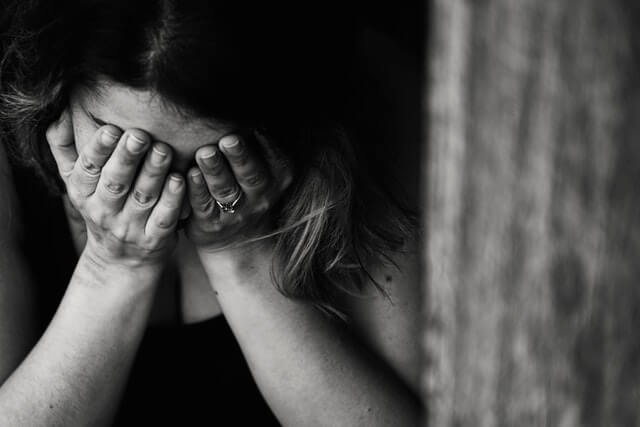Domestic violence remains a serious problem in our country. It’s been estimated that one-fifth of all women and one-seventh of all men have been in an abusive relationship at some point in their lives. With these statistics, it’s safe to say that you probably know someone who is or has been a victim of domestic violence, and while it’s understandable that you will want to help them, you need to go about it in the right way. Here are some tips that might help.
Recognize the Warning Signs
Since someone who is in an abusive situation might not tell you what’s going on, you’ll have to learn to recognize the signs of domestic abuse. You might notice that someone always has to “check in” with their partner before they go anywhere or spend any money, or that someone with a formerly active social life has all but isolated themselves from family and friends. You might also notice your friend’s partner putting them down or even humiliating them in public. These are all signs of domestic abuse, and they’re not always easy to spot. You will also notice that they’re much more subtle than a black eye or a “mystery” bruise, so keep an eye out for them if you suspect that someone you know is in an abusive relationship.
Understand That It’s More than Just Hitting
When people imagine domestic abuse, what often comes to mind is an angry husband who beats his wife and children. While that certainly happens, abuse is much more psychological and subtle than that. Domestic abuse is all about power and control, and someone can have control over another person without physically hitting them. They might verbally berate them, control their finances, pressure them into sex, and do many other things that won’t leave a physical mark.
Don’t Pressure a Victim to Leave Their Abuser
As much as you might want to, don’t try to convince anyone to leave their abusive partners. Someone who is in such a situation may have some very good reasons to leave, but they also might have reasons to stay. It might not be safe for them to try to leave, or they might depend on their abuser financially. They might even be brainwashed to think they aren’t even being abused, because domestic abuse can be that insidious.
If you suspect that someone you know is being abused, pay close attention to their situation, and be there for them when they’re ready to talk about it. They will have to make the decision to leave, and forcing them to make that decision could feel like just one more person trying to control their life.
Help Them Come Up with a Safety Plan
A person in a domestic abuse situation may not be able to get out of it on their own, but you can help them by developing a safety plan. This includes getting money and belongings to someone they can trust, finding a safe place to go where they can get away from their abuser, or finding legal counsel if they need to file for divorce or maintain custody of their children. Work as closely with them as you can without endangering them or yourself, and be patient. It can take years for someone to leave an abusive partner once and for all, and in many cases the best you can do is offer your support when they are ready to take that step.
